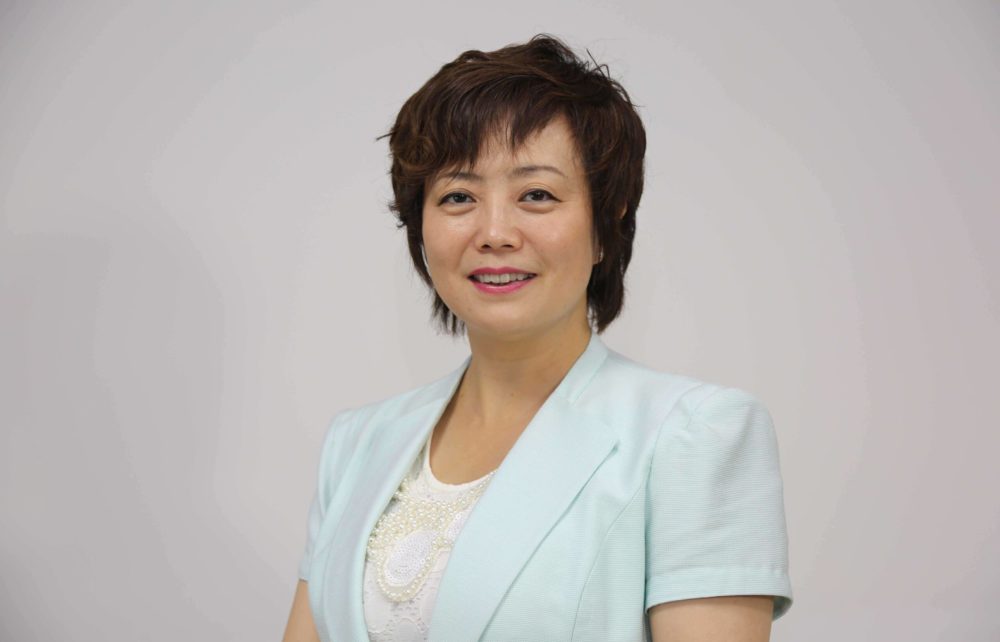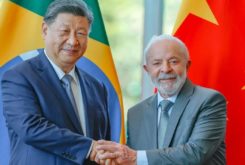Chinese electric vehicle (EV) maker BYD is expanding quickly in Brazil to take advantage of the “very good moment” in the country, according to the company´s Americas President, Stella Li.
“We are in a very good moment to start to really expand technologies in Brazil…and with time Brazil will be able to develop its own industry”, said the executive (pictured above), referring to electric and hybrid vehicles.
She cited factors such as the size of the market, availability of raw material for batteries like lithium and a new government that appears to be more open to encouraging the sector.
Li was speaking in Brazil at the launch of two new BYD models, the Song Plus – plug-in hybrid – and Yuan Plus – 100% electric – that broaden the company´s focus on the consumer sector in the country. The only two models currently sold by BYD in Brazil – Tan and Han – are focused on the luxury market. The company plans to have about a third of its models sold in Brazil until the end of next year.
The electric and hybrid car market in Brazil has accelerated, even without a clear national incentive policy. In 2022 until October, sales in the segment rose 44% over the same period last year, even with the cheapest models in the national market being costly.
“I believe now is the right time politically and environmentally for us to invest in building these new technologies in Brazil,” BYD Americas President Stella Li told Reuters during the launch. “But it will be a very challenging process and we need a government that has an open mind for technology to grow here.”
Brazilian Ride-Hailing App 99 and China´s BYD launch joint EV tests
Asked about the risk posed by Brazil’s history of political, economic and legal turmoil, as well as measures adopted by governments that privileged established brands in the country to the detriment of Asian rivals, Li said that BYD “has a lot of patience with Brazil”.
“BYD has been in Brazil for almost 10 years…We have experienced many political changes in this period, in addition to the exchange rate, and with inflation. But I think that in the long term, Brazil has its own advantages”, said the executive.
Last month, BYD signed a letter of intent with the government of Bahia that could open vehicle production lines in an industrial area abandoned by Ford in Camaçari. Li avoided giving details, stating that a decision on the project should come out by the end of this year.
Currently, the company produces electric buses and photovoltaic panels in Campinas (SP) and has a battery factory for electric vehicles in Manaus. It also has two monorail projects in Brazil, one in Salvador and another in São Paulo.
According to the director of sustainability and marketing at BYD in Brazil, Adalberto Maluf, the company is working with a scenario in which 10% of vehicle sales in Brazil will be electric and hybrid models by 2025, compared to a current level of 2.4%. After that, it should jump to 30% in 2030.
In Brazil, the plan, according to Maluf, is to increase the number of BYD dealerships from 15 to 25 by December, expanding to 50 by July 2023, reaching 100 by the end of next year. This will cover 85% of the national market, according to the executive.




